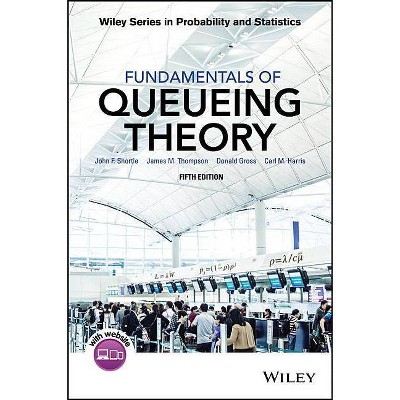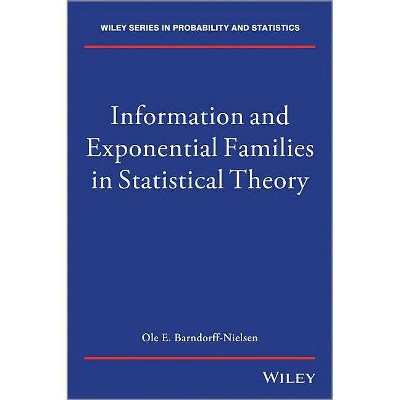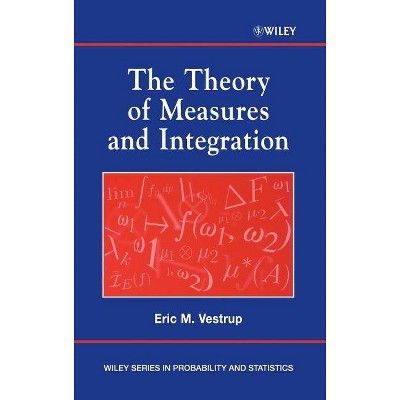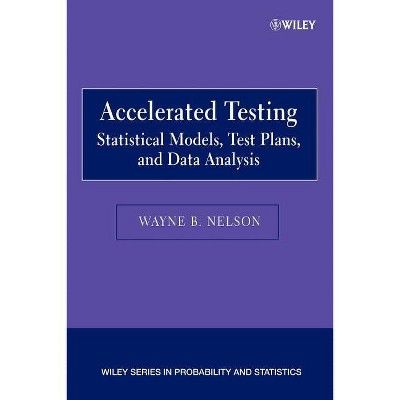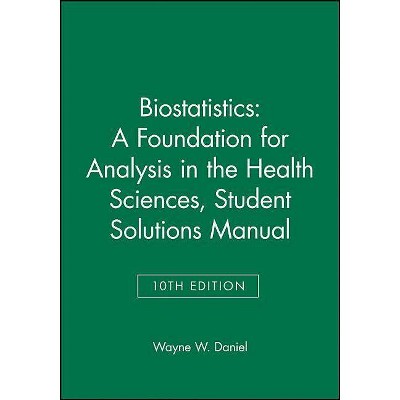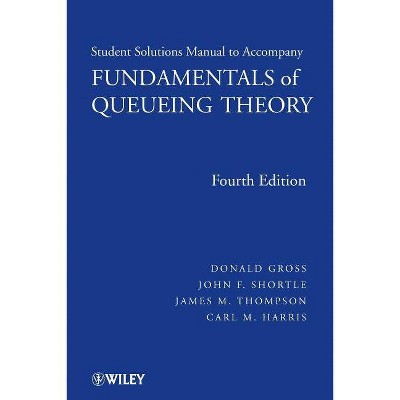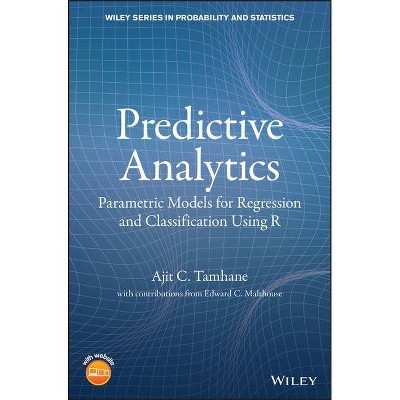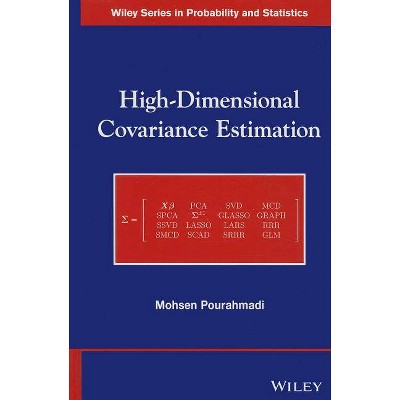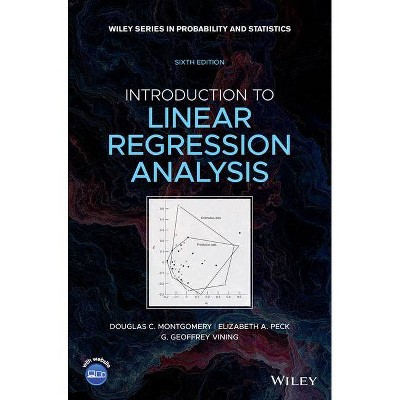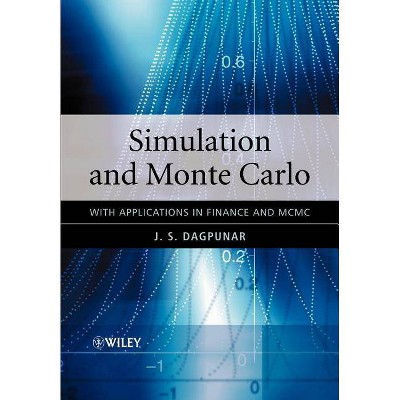Bayesian Theory - (Wiley Probability and Statistics) by Bernardo & Smith (Paperback)
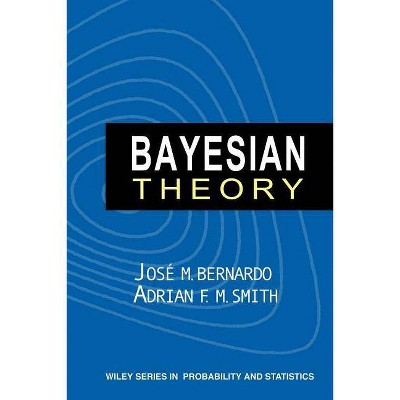
Similar Products
Products of same category from the store
AllProduct info
<p/><br></br><p><b> Book Synopsis </b></p></br></br>This highly acclaimed text, now available in paperback, provides a thorough account of key concepts and theoretical results, with particular emphasis on viewing statistical inference as a special case of decision theory. Information-theoretic concepts play a central role in the development of the theory, which provides, in particular, a detailed discussion of the problem of specification of so-called prior ignorance . The work is written from the authors s committed Bayesian perspective, but an overview of non-Bayesian theories is also provided, and each chapter contains a wide-ranging critical re-examination of controversial issues. The level of mathematics used is such that most material is accessible to readers with knowledge of advanced calculus. In particular, no knowledge of abstract measure theory is assumed, and the emphasis throughout is on statistical concepts rather than rigorous mathematics. The book will be an ideal source for all students and researchers in statistics, mathematics, decision analysis, economic and business studies, and all branches of science and engineering, who wish to further their understanding of Bayesian statistics<p/><br></br><p><b> From the Back Cover </b></p></br></br>This highly acclaimed text, now available in paperback, provides a thorough account of key concepts and theoretical results, with particular emphasis on viewing statistical inference as a special case of decision theory. Information-theoretic concepts play a central role in the development of the theory, which provides, in particular, a detailed discussion of the problem of specification of so-called ?prior ignorance?. The work is written from the authors's committed Bayesian perspective, but an overview of non-Bayesian theories is also provided, and each chapter contains a wide-ranging critical re-examination of controversial issues. The level of mathematics used is such that most material is accessible to readers with knowledge of advanced calculus. In particular, no knowledge of abstract measure theory is assumed, and the emphasis throughout is on statistical concepts rather than rigorous mathematics. The book will be an ideal source for all students and researchers in statistics, mathematics, decision analysis, economic and business studies, and all branches of science and engineering, who wish to further their understanding of Bayesian statistics<p/><br></br><p><b> Review Quotes </b></p></br></br><br>an excellent primary source for those who wish to learn about thelearning and decision process in a situation of uncertainty...(Measurement Science Technology, February 2001) <p/> an ideal source for all students and researchers in statisticsmathematics, decision analysis, economic and business studies andall branches of science and engineering who wish to further theirunderstanding of Bayesian statistics. (Zentralblatt Fur Didaktikder Mathematik) <p/> ...Bayesians will find it indispensable: non-Bayesians will find, and enjoy, much thought-provoking material to challenge theirorthodoxy.... (The Statistician, Vol.51, No.2, 2002)<br><p/><br></br><p><b> About the Author </b></p></br></br><p>About the Authors <strong>Jose M. Bernardo</strong> received his PhD from University College London and has subsequently been at the University of Valencia, Spain, where he is currently Professor of Statistics and special scientific advisor to the Governor of the State of Valencia. Adrian F. M. Smith received his PhD from University College London and is currently at Imperial College London, where he is Professor of Statistics and Head of the Department of Mathematics
Price History
Price Archive shows prices from various stores, lets you see history and find the cheapest. There is no actual sale on the website. For all support, inquiry and suggestion messages communication@pricearchive.us
